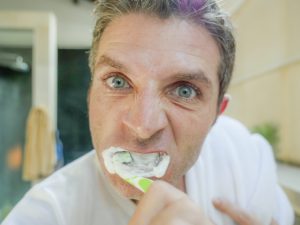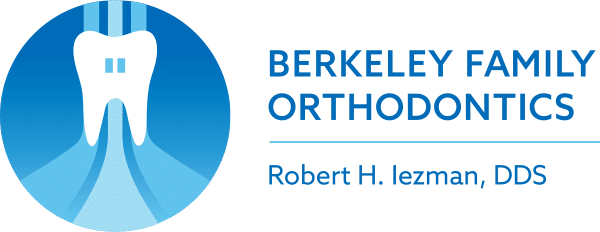
The Effects of Brushing Too Hard
Before, during and after undergoing orthodontic treatment, the concept of brushing your teeth regularly was drilled into your brain as the best way to maintain good oral health and hygiene. While some take this advice and brush as recommended (every morning, every night and shortly after each meal), some people translate this to mean that they should be brushing more aggressively. This is NOT the case.
Over-brushing or brushing too aggressively can wear down the protective layers that make up the tooth enamel. Additionally, it can push the gums back further – exposing the dentin layer under the enamel even more. This dentin layer leaves the teeth vulnerable to the nerves underneath that cause pain and discomfort when exposed to hot, cold and acidic foods.
How to Brush Smarter
To help you avoid causing more damage to your teeth and nerves, we at Iezman & Osterman Orthodontics have a few tips for better brushing:
- Watch which direction bristles face when you brush. They should be perpendicular, not parallel.
- Don’t hold your toothbrush so tightly. Instead, hold it loosely like a pencil.
- Brush in soft, round motions. Don’t saw back and forth.
- Brush softly and use soft or extra-soft bristled brushes. Apply just enough pressure to feel the bristles against your gums.
- Braces may be hard on your toothbrush—replace it when you notice frayed and bent bristles.
- Brush for a minimum of two minutes to be thorough, but don’t scrub the same areas over and over again.
Contact Your Best Resource
Wonder if you’re brushing your braces too hard? We can help! In some cases, orthodontic patients may have exposed roots due to shifting teeth which can cause tooth sensitivity. Contact one of our offices if you are experiencing discomfort or have questions about your brushing habits.
